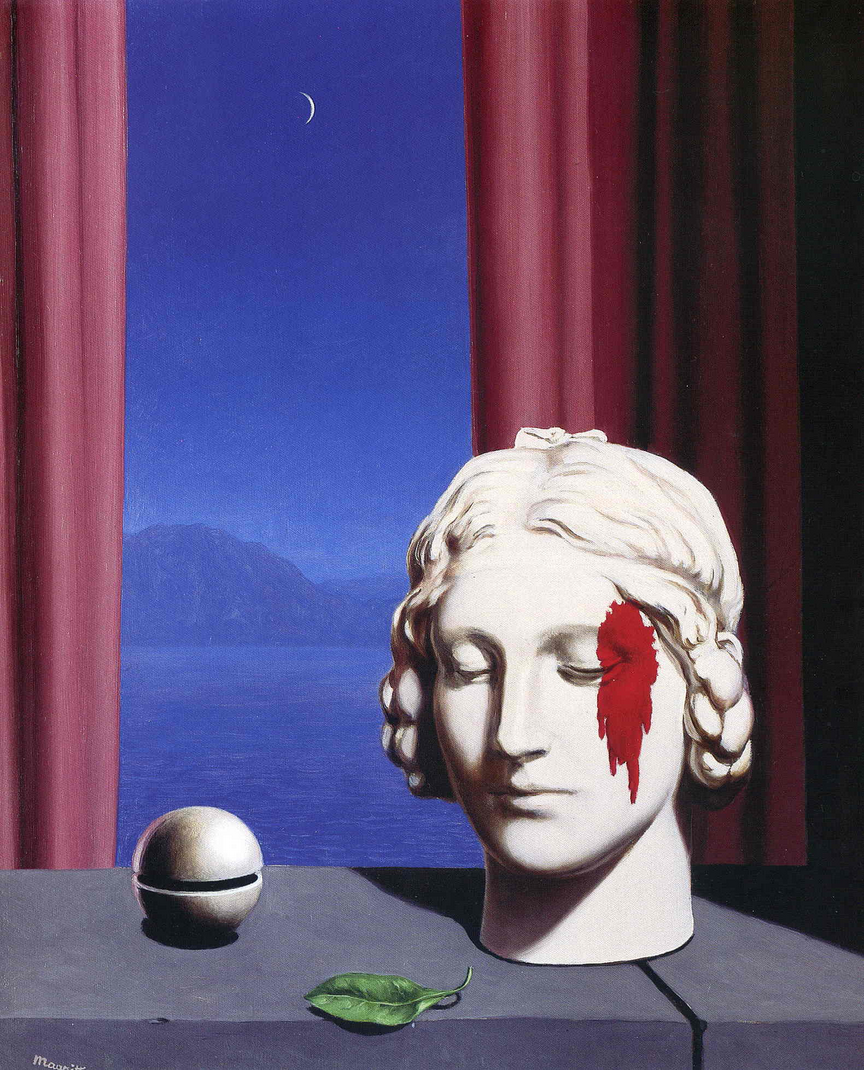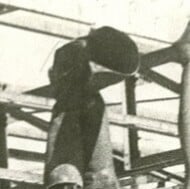sounds cool though
I love phrases that are repetitions in different languages
The Los Angeles Angels - The The Angels Angels
And so on
My favorite:
The La Brea Tar Pits
The The Tar Tar PitsHehe. Never heard of that one. I want to know how aware these people are when they name things. In sports, a bit of humor is probably common, but with the neanderthals, I just don’t see the high-strung scientists of the late 1800’s intentionally making a joke on this kind of thing. I do however see them doubling down on a decision even if it’s pointed out that it’s stupid.
Shut up and help me find an automated teller machine machine so I can buy a ticket to the game.
Don’t forget your personal identification number number!
I didn’t learn my ABCs AABBCC God God dammit dammit
Miss you, Mitch.
Then you’ll love the List of tautological place names
Thanks! Idk why but I can never remember the word “tautological”
My favorite is still Torpenhow hill in Wales. Translated: hill hill hill hill.
That one takes the cake! How does that happen? Is there welsh, saxon and latin in there or something?
- Tor, from Old English torr, meaning hill.
- Pen, from Celtic *penn, meaning hill.
- How, from Danish hoh, meaning hill.
- Hill, from English hill, meaning hill.
Unfortunately, it’s not actually a real official name for a hill, though it could be…
It’s actually in England, although funnily enough the part of England it’s in is called Cumbria, which has the same origin as the Welsh for Wales “Cymru”. So it’s sort of in Wales, just not the Wales that we call Wales in English.
Anyway it’s Old English torr, Middle Welsh penn, and Danish hoh. And like many British place names the pronunciation is not what you would expect at all at first glance. It’s “tra-pen-uh”
brought to you by the department of redundancy department
I don’t want to brag, but I learned this from a book
Books are cool.
nerd
According to Wikipedia, the Neandertal (the valley) was named after 17th century priest and composer Joachim Neander. Where does the “new man” come in?
Alright, that explains.
Right, so I seem to have gotten it wrong on his name. It was Neander (New Man in greek) rather than Neumann (New Man in german), but I should also have specified in the meme that the name means New Man.
worst part for me as a swede is that it ends up being interpreted to mean “neander speaker”, since “thal” becomse “tal” which means speech in swedish…
so not only is there the standard “neanderthals stupid and primitive” association, but also there’s the added layer of implication that they spoke weird!
They did speak weird though! Analysis of their airways suggest that they had a much higher-pitched voice than our kind, and probably had a harder time with consonants. So their language would have certainly been different. Although we have no way of knowing if parts of their language still lives on in our speech today.
Men visst, “talare” blir lite roligt på svenska
yeah but like, they most likely weren’t going “unga bunga, gurg want hunt mammoth, gurg make pointy stick, ook ook”
No, but we probably sounded something like that way before there were neanderthals and modern humans though. At some point, somebody figured out how to tell their peers that they’re going to have to hunt for something big
Wait until OP hears about the laola wave.










